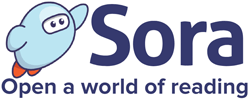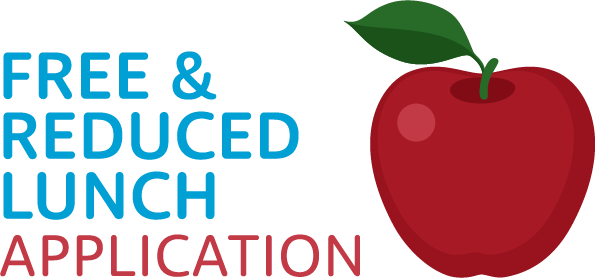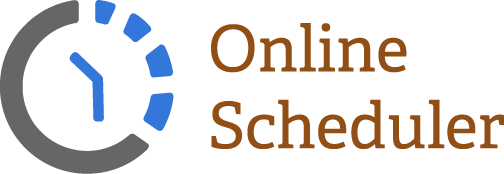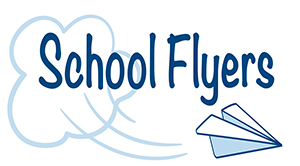Academic honesty is the behavior that demonstrates a student’s integrity and respect in all aspects of learning. Work and information presented should be the work of the student, produced through directed and focused efforts of the student. Academic dishonesty minimizes the ability of the student to be an engaged learner. Students should demonstrate growth through the completion of their own work without seeking unfair advantage(s) over others.
Cheating
Cheating is the use or attempted use of unauthorized materials, information, or study aides. It is an act of deceit by which a student attempts to give the appearance of a level of knowledge or skill that the student has not yet obtained.
Examples may include, but are not limited to:
- Altering exams after completion.
- Sharing information before, during, or after an exam.
- Sharing worksheets, copying the work of another student.
- Colluding: working with others without the direct approval of the instructor.
- Falsely accepting credit that has not been earned.
- Plagiarizing: intentional or negligent submission of ideas or work that is not that of the presenter.
- Using Cliff Notes, Chat GPT, AI, or other sources to replace reading assignments.
- Inappropriate or unauthorized use of apps, the internet, or other online resources.
- Fostering cheating to promote or allow another to cheat.
Plagiarism
Plagiarism is the intentional or negligent submission of ideas or work that is not that of the presenter. This can occur in verbal, artistic, and written work. All Kearns High School teachers have access to and are encouraged to utilize Turnitin.com. This website (or others they may use) allows teachers to upload student work in order to check for plagiarism.
Examples may include, but are not limited to:
- Copying word for word from a published work or others’ homework.
- Using ideas without citing or giving proper credit.
- Citing your source, but using it word for word without quotations.
- Borrowing all or part of another student’s paper or using someone else’s outline to write your own paper.
- Reproducing any work (published articles, chapters of books, papers, notes, labs) from a friend or file.
Consequences of Violations with Academic Honesty
Staff members will explicitly explain what is considered academic honesty with each class. Students who violate this will receive the following consequences:
- First Violation: The student will receive a zero on the assessment/assignment. The student will receive a chance to reassess on the standard. The reassessment will be subject to the individual teacher’s policy. The violation will be documented in Educator’s Handbook as an office referral and a parent/guardian will be contacted.
- Second Violation: The student will be suspended from school.
- Subsequent Offense(s): The student will be suspended, a parent will be contacted, and the student will be removed from that class for the remainder of the semester.










